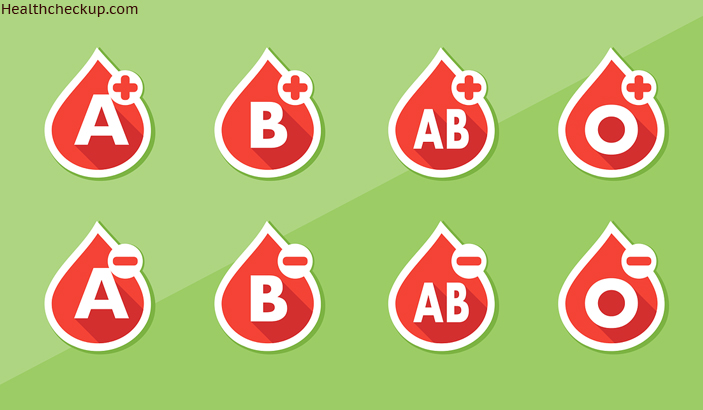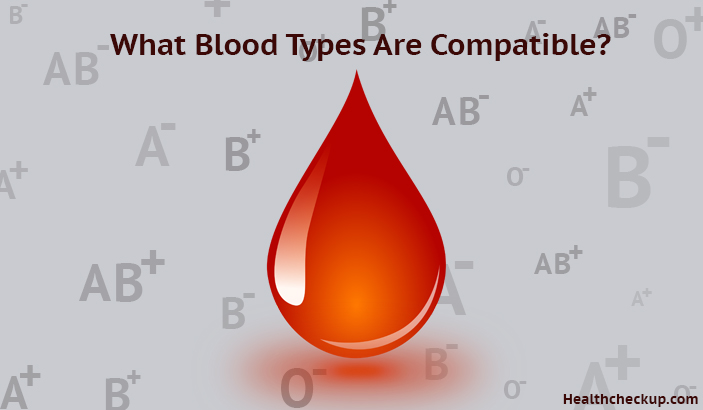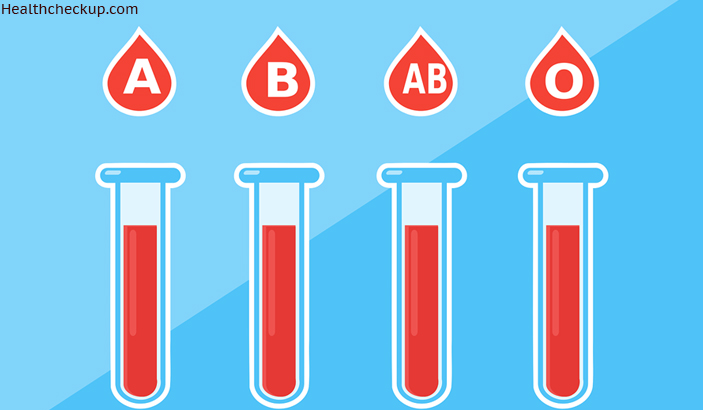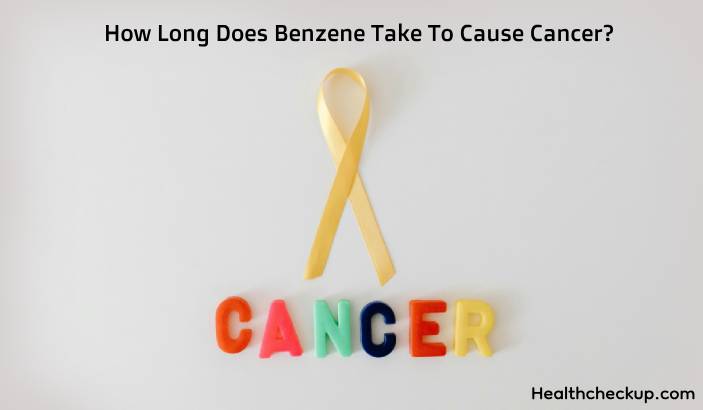What are The Blood Types?
Blood groups were originally discovered by Karl Landsteiner an Austrian scientist in 1901. Human blood is made up of white blood cells, red blood cells, and platelets. A person’s blood groups are identified by antigens and antibodies in the blood. There are 4 main blood groups or blood types; your blood type is determined by the genes that you inherit from your parents. Every blood group can either be RhD negative or RhD positive, this means that in total there’re 8 main blood groups. They include:
1. Blood Group A – This Blood Group has A Antigen on the Red Blood Cells and Anti-B Antibodies in the Plasma.
- A negative (A-) – Has A marker only
- A positive (A+) – Has Rh factor and A marker but doesn’t have B marker. It’s one of the most common blood types.
2. Blood Group B – It has Anti-A Antibodies in the Plasma and B Antigens.
- B positive (B+) – Has B marker only.
- B negative (B-) – Has Rh factor and B marker but does not have A marker.
3. Blood Group AB – Has no Antibodies but have Both Antigen A and B.
- AB negative (AB-) – Has both A and B markers but has no Rh factors.
- AB positive (AB+) – Has all the 3 types of markers; A, B, and Rh factor.
4. Blood Group O – Has both Anti-B and Anti-A Antibodies in the Plasma and has no Antigens.
- O negative (O-) – It doesn’t have Rh factor and both A and B markers
- O positive(O+) – It has the Rh factor but lacks both A and B markers

Blood Groups Type A+ and O are The most Common Blood Groups.
Rare Blood Types
AB- is the rarest blood type according to the American Red Cross study, only present in 1% of the Caucasians. It is very rare in African American population. Also, O- and B- are very rare with less than 5% of the world’s population. Usually, individuals with rare blood types bank their lifeblood in advance in cases of surgical procedure to avoid blood unavailability in cases of emergencies.
What Blood Types Are Compatible?
Before the discovery of blood groups in 1901, doctors thought all blood was same, as a result, many people died as a result of wrong blood transfusion. Blood types matter a lot as far as blood transfusion is concerned. There are specific ways on how blood components and blood types must be matched in order to have a safe transfusion.
For example, in a safe blood transfusion, a person must be given a blood type that is compatible with their own blood type. In a case of blood transfusion where blood types are not compatible, the red blood cells will clump together and form clots that block blood vessels, as a result, causing death.
Blood types and donation, therefore, must be carefully done in order to have a safe transfusion. Blood groups O though can be given in cases of emergencies because it is likely to be accepted by other blood types. This, however, is very risky.
Below is A Guideline of Which Blood Types are Compatible:
- O- can receive blood from O-
- O+ can receive blood from O+ and O-
- A- can receive blood from A- and O-
- A+ can receive blood from A+, A-, O+, and O-
- B- can receive blood from B- and O-
- B+ can receive from AB-, B-, A-, and O-
- AB- can receive blood from AB-, B-, A-, and O-
- AB+ can receive blood from AB+, B, AB-, AB+, A+, A-, O+, and O
Also, The Following Blood Types Personality can Donate Blood to Other Blood Types:
- Blood type A- donate to recipients with A and AB blood types
- Blood type B- donate to recipients with B and AB blood types
- Blood type AB- donate to recipients with AB only blood types
- Blood types O- donate to the recipient with A, B, AB, and O blood types.
Blood group O is the universal donor. It is compatible with all other blood types. Only about 4 % of the population donates blood. To qualify for blood donation you must:
- Weigh at least 50kg
- Be healthy and fit
- Be between 17 to 66 years old
- Have donated blood in the last 2 years if 70 years and more
Medically Reviewed By

Catherine is a dedicated freelance health and science writer committed to excellence and professionalism. She specializes in health topics including diet and nutrition, immune-related diseases, surgery, and cancer.









